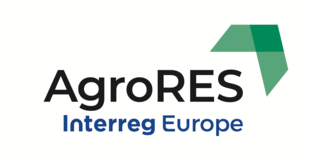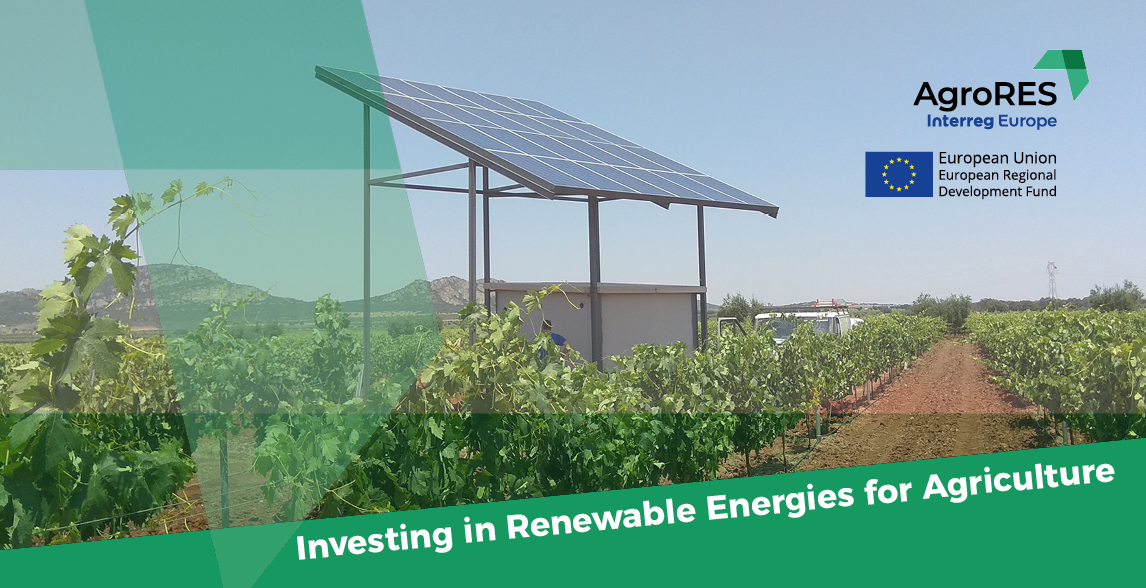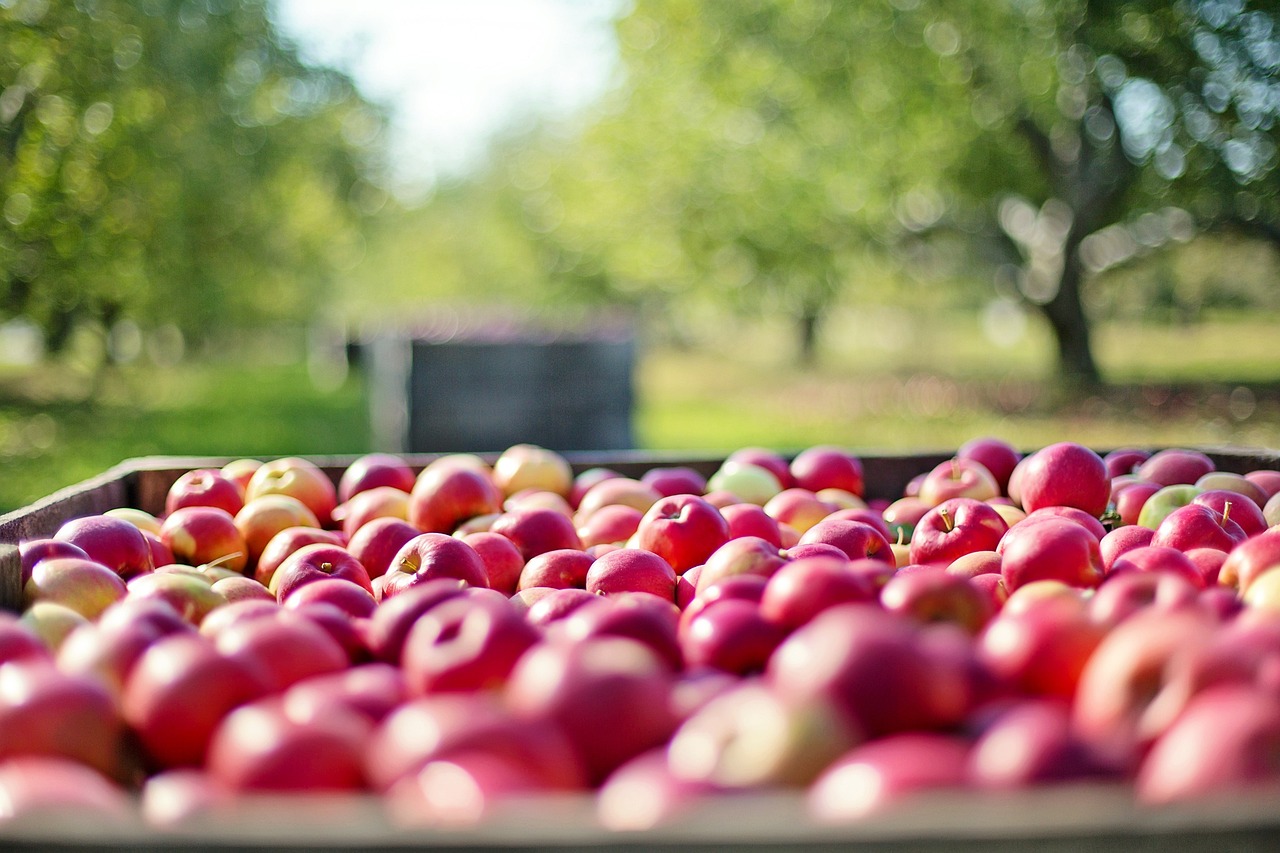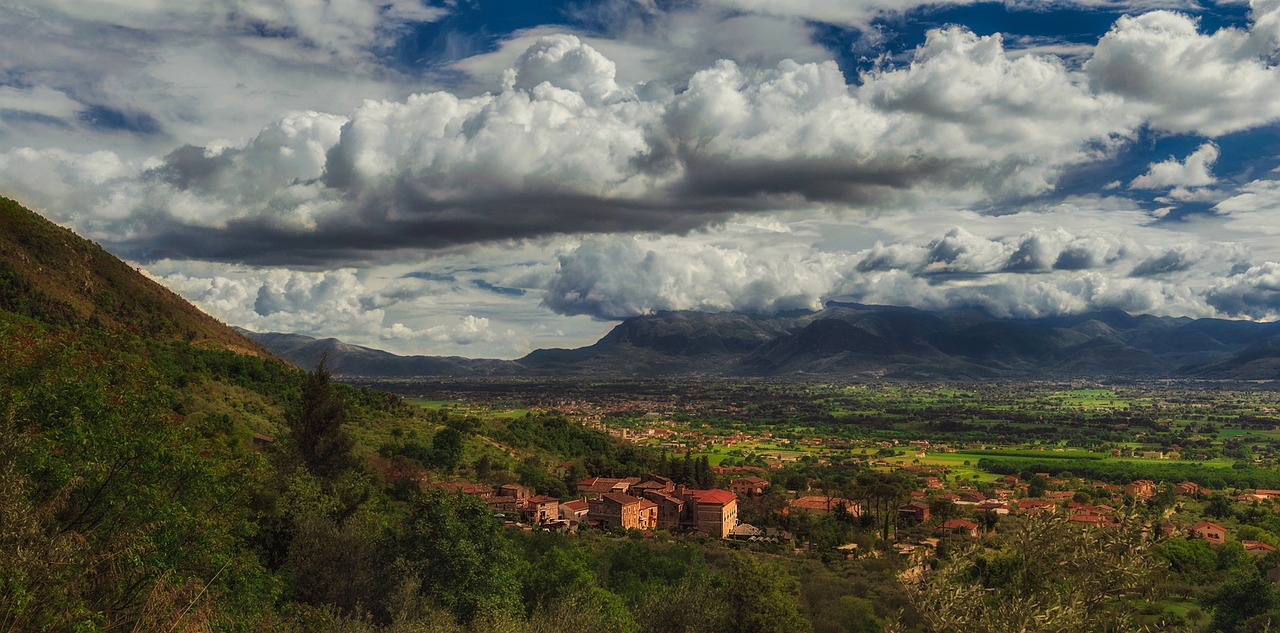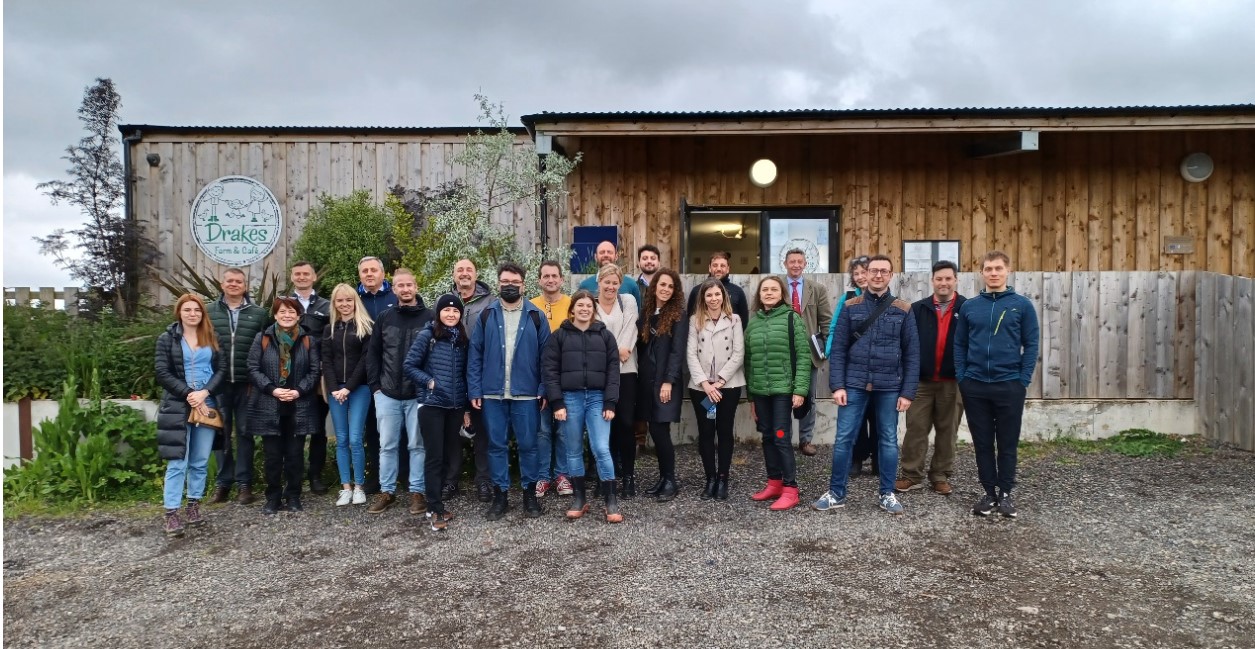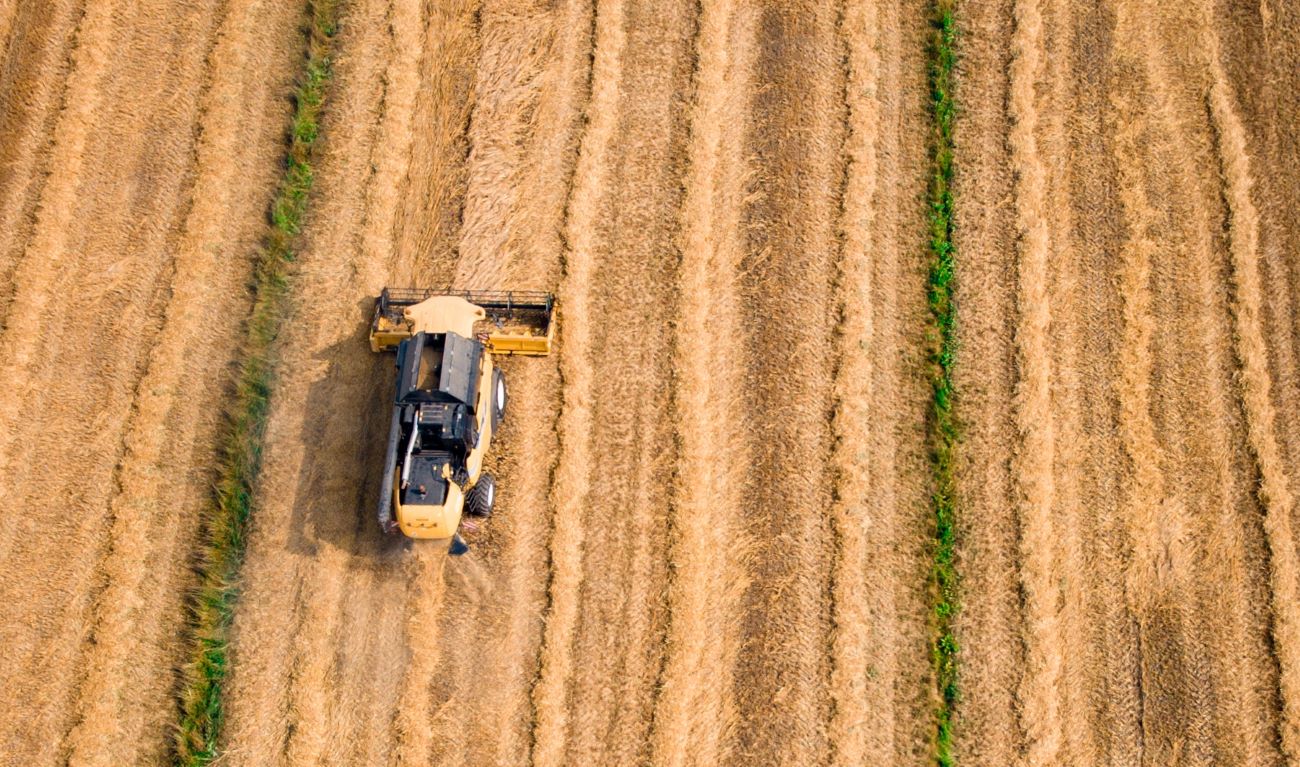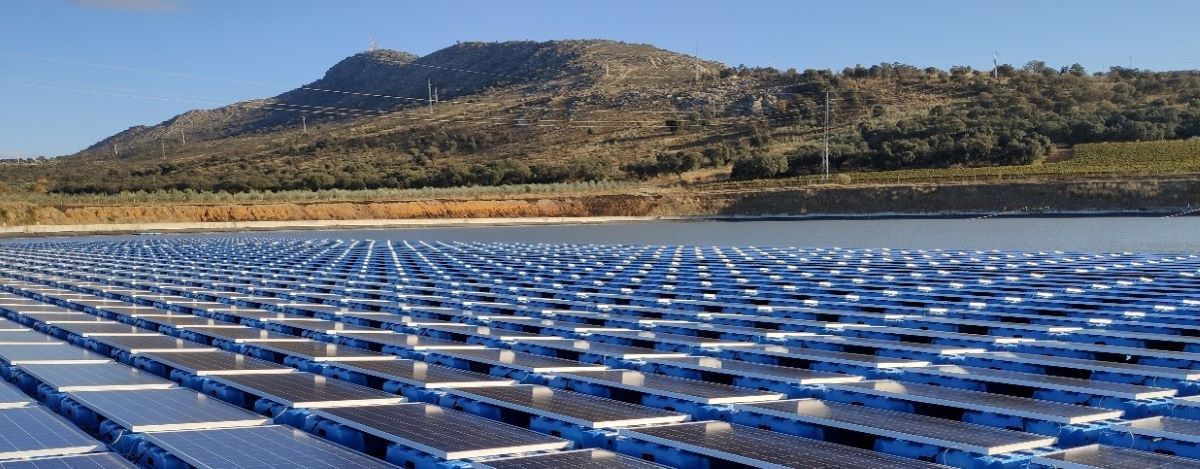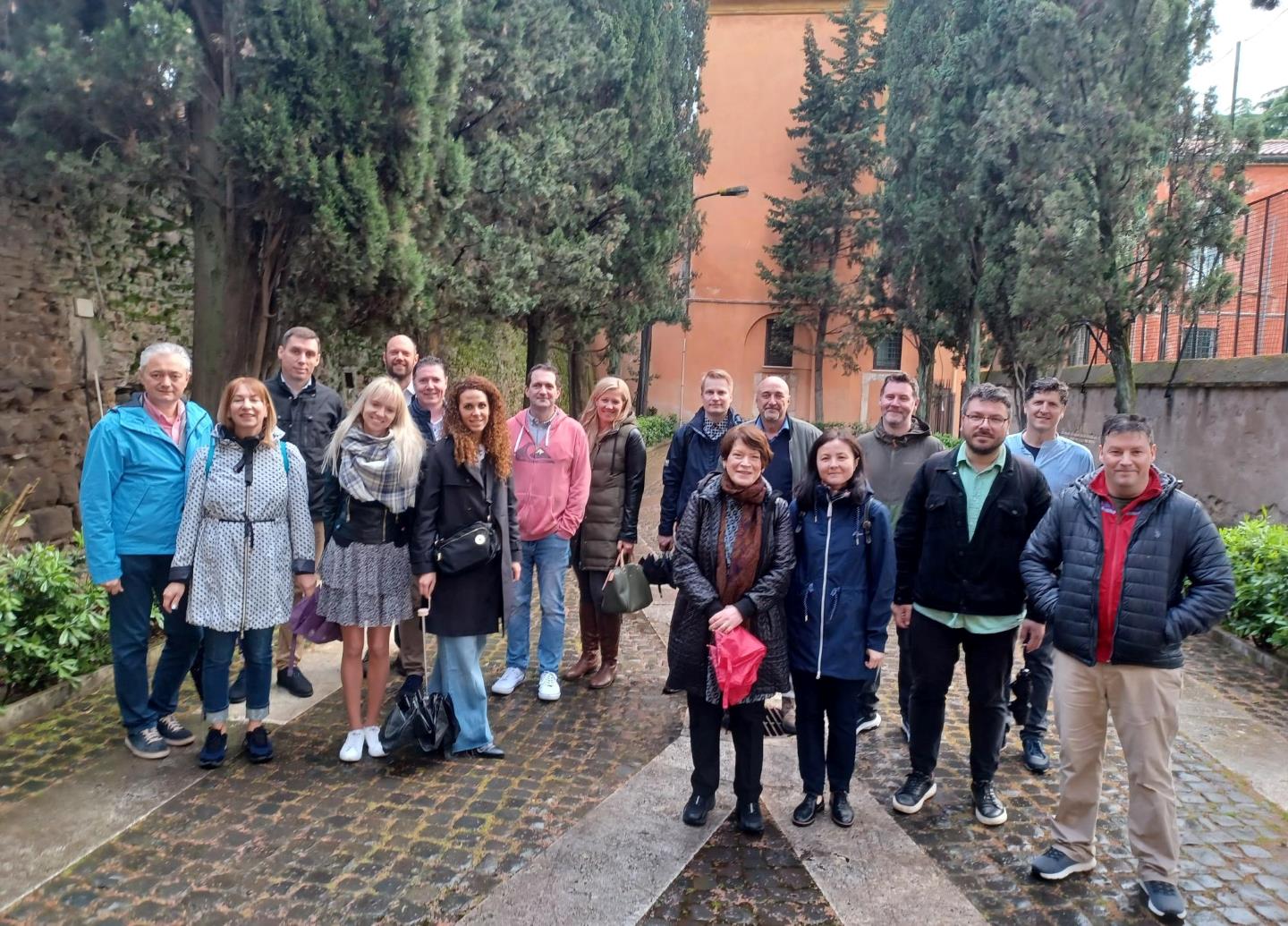At the end of January 2021, the National Rural Development Programme of Romania was approved. The SWOT analysis carried out to elaborate the document revealed the current situation of renewable energy consumption in agriculture, noting that the production and use of energy from renewable sources in agriculture (RES) are low. Only 2.5% of the total production in Romania came from agriculture compared to 9.8% in the EU27.
The programme strategy was drafted based on the SWOT evidence and the needs assessment for the best selection of objectives, priorities and priority areas. Romania's strength regarding renewable energy is the wide range of available renewable energy resources and weakness the low level of production and use of renewable energy resources in the agricultural and forestry sector. Opportunities in the programme area are connect to widespread access to renewable energy technologies, while increase in energy prices is seen as a threat to the area.
Measures for renewable energy
In the context of the transition to a low-carbon economy, the production and use of energy from renewable sources is one of the ways to reduce GHG emissions. Romania has a wide range of renewable energy resources that can be used in the actions proposed in the rural development projects.
The budgetary resources allocated to this area are concentrated exclusively in the interventions of Sub-Measure 6.4, to support small-scale development in the field of biomass fuel production. It will provide support to micro and small enterprises in rural areas for the purpose of producing biomass fuels in order to supply renewable energy sources to the market. Sub-Measure 4.1. and 4.2 will also have a secondary contribution, as investment projects can be supported in the case of renewable energy production for use on farms or in processing units as a component of a larger investment project.
These measures support the following categories of investments in relevant technologies for reducing GHG emissions:
- Facilities, modern storage equipment, manure spreading;
- Equipment for the production and use of renewable energy sources on the farm, including energy efficiency;
- Production and use of energy from renewable sources in agri-food processing units and energy efficiency.
There is also a wide range of potential renewable energy production resources from agriculture (crop residues resulting from agricultural harvesting or animal waste). These resources, together with other renewable resources (solar, wind, geothermal, etc.) can be used to obtain renewable energy to be used in the production process of farms or processing units, thus helping to reduce energy costs (electricity and heat) and contributing to efforts for developing a low-carbon economy.
Through measure 4.1 the type of support is in the form of grants with reimbursement of eligible costs actually incurred and payed in advance. Eligible beneficiaries may be farmers (except for unauthorized individuals), cooperatives (agricultural cooperatives and agricultural cooperative societies), and producer groups (set up on the basis of the national legislation in force, serving the interests of the members; and have eligible costs for investments in installations whose main purpose is the production of electricity).
Measure 4.2 "Support for investments in the processing / marketing of agricultural products" - grants will be awarded for eligible activities such as the production and use of energy from renewable sources (solar, wind, geothermal), by heat pumps, exclusively for own consumption and also grants for investments to improve energy efficiency.
The launch of financing measures is eagerly awaited - there is major interest from rural communities to submit and implement projects that generate energy produced sustainably, thus succeeding to reduce greenhouse gases generated by agricultural activities.
